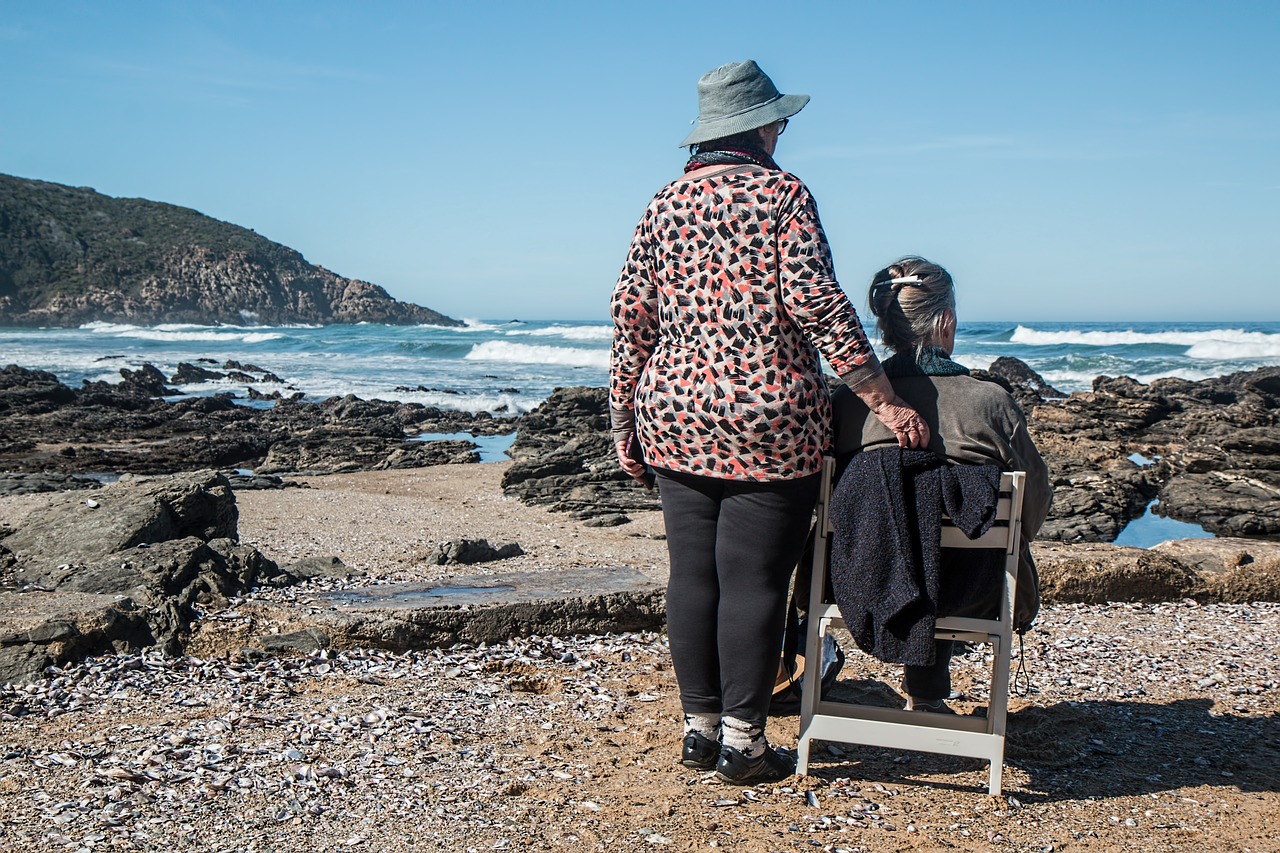I have recently spoken at a few networking events about Lasting Powers of Attorney and I thought I should put pen to paper (or fingers to keyboard!) and go through some of the common questions I am asked and give you my answers. I hope that it will help you to make an informed decision as to whether you should have a Lasting Power of Attorney (LPA) in place.
WHAT IS A POWER OF ATTORNEY?
An LPA is a legal document where you appoint people (your Attorneys) to act on your behalf when you are no longer physically or mentally capable of managing your own affairs.

ARE THERE DIFFERENT TYPES OF POWERS OF ATTORNEY?
Yes, there are. There are two types of LPAs. One deals with your property and financial affairs and the other deals with your health and welfare. These are the two main types of LPAs and you can find out more about each type here. Very briefly, with a financial LPA, your attorneys can buy and sell your property and have access to your bank accounts to withdraw money and pay bills. Under the health and welfare LPA, your attorneys can decide on where you live, what sort of long-term care you could receive, and also the sort of medical care you receive. There are also General Powers of Attorney (which cannot be used if you have lost mental capacity) and Enduring Powers of Attorney (the old version of the LPAs). Enduring Powers of Attorney are still valid if you have one in place.
HOW DO I CHOOSE MY ATTORNEYS AND HOW MANY CAN I HAVE?
Your attorneys must be over 18 years old and people that you trust completely. After all, they will have to make important decisions for you regarding your finances and your health. They could have access to your money, and be able to make important medical decisions on your behalf. They should be someone who can manage that level of responsibility and have the time to help you as well. Very often couples will appoint each other and also their adult children to be their attorneys. I would recommend appointing more than one attorney or having a replacement attorney in place so that if one attorney is not able to act then the other attorney can help out. I would also advise that you should choose attorneys who get on with each other. Otherwise, it can become difficult for decisions to be made if no one can agree on a plan of action. I generally also advise that having more than four attorneys could make it difficult for practical reasons so I would suggest that four should be the maximum although it does depend on your own circumstances.

HOW CAN I MAKE A LASTING POWER OF ATTORNEY
You can seek professional advice and have the LPA completed and registered for you (all LPAs must be registered before they can be used). You can also complete an LPA online by visiting the Government website here. You can also download the forms here and complete them yourself. Of course, as someone who advises my clients on LPAs every day, you can always contact me to see how I can help.
HOW LONG DOES IT ALL TAKE?
I can usually have the forms completed in a couple of days if I have all the information to hand. The LPAs need to be signed by the person making them (the Donor), all the attorneys, and a Certificate Provider (someone who signs to say you understand what you are doing and that you have not been forced into making an LPA). The bit that takes a long time is the registration process. All LPAs must be registered before they can be used and this takes around 2-3 months. It is always advisable to have the LPAs registered straight away so that when you need them, they can be used by your attorneys immediately.

WHAT HAPPENS IF AN ATTORNEY DIES OR LOSES CAPACITY THEMSELVES?
If you have more than one attorney and they have been appointed “jointly and severally”, if one attorney dies or loses capacity, the other attorneys can carry on acting on your behalf. If the attorneys have been appointed “jointly” and one of them dies or loses mental capacity, the other attorneys can no longer act for you and the LPA becomes unworkable. So it is important to think carefully about how to appoint your attorneys. If they are appointed “jointly” all your attorneys will need to sign documents and act as one. If your attorneys are appointed “jointly and severally” then you only need one attorney to make a decision. They will not need the other attorneys to make decisions and sign documents with them. You can also appoint your attorney to act jointly and severally for some decisions and jointly for others. This can become complicated but sometimes it might be appropriate.
CAN I CHANGE MY MIND ABOUT WHO I HAVE AS MY ATTORNEYS?
Yes, you can but it’s not that easy. You would need to revoke or cancel your original LPA and then make a completely new one. This can be costly and time-consuming so it is best to make an LPA with a view to it standing the test of time.

HOW MUCH DOES IT ALL COST?
If you complete the forms yourself either online or using the paper forms, it will not cost anything to do so. There is a registration fee which is currently £110 per LPA although there are fee reductions and exemptions available for certain people. If you have the help of professionals their fees will vary but you can see how much I charge here for drafting LPAs.
HOW DO I GET MORE INFORMATION?
You can always call me on 07538946839 or email me at info@swindonwillwriting.co.uk and I am more than happy to give you some initial advice and help you decide whether you should have an LPA. The Office of the Public Guardian also provides a useful Guide that explains LPAs in great detail and is user-friendly. You can download the Guide here.
